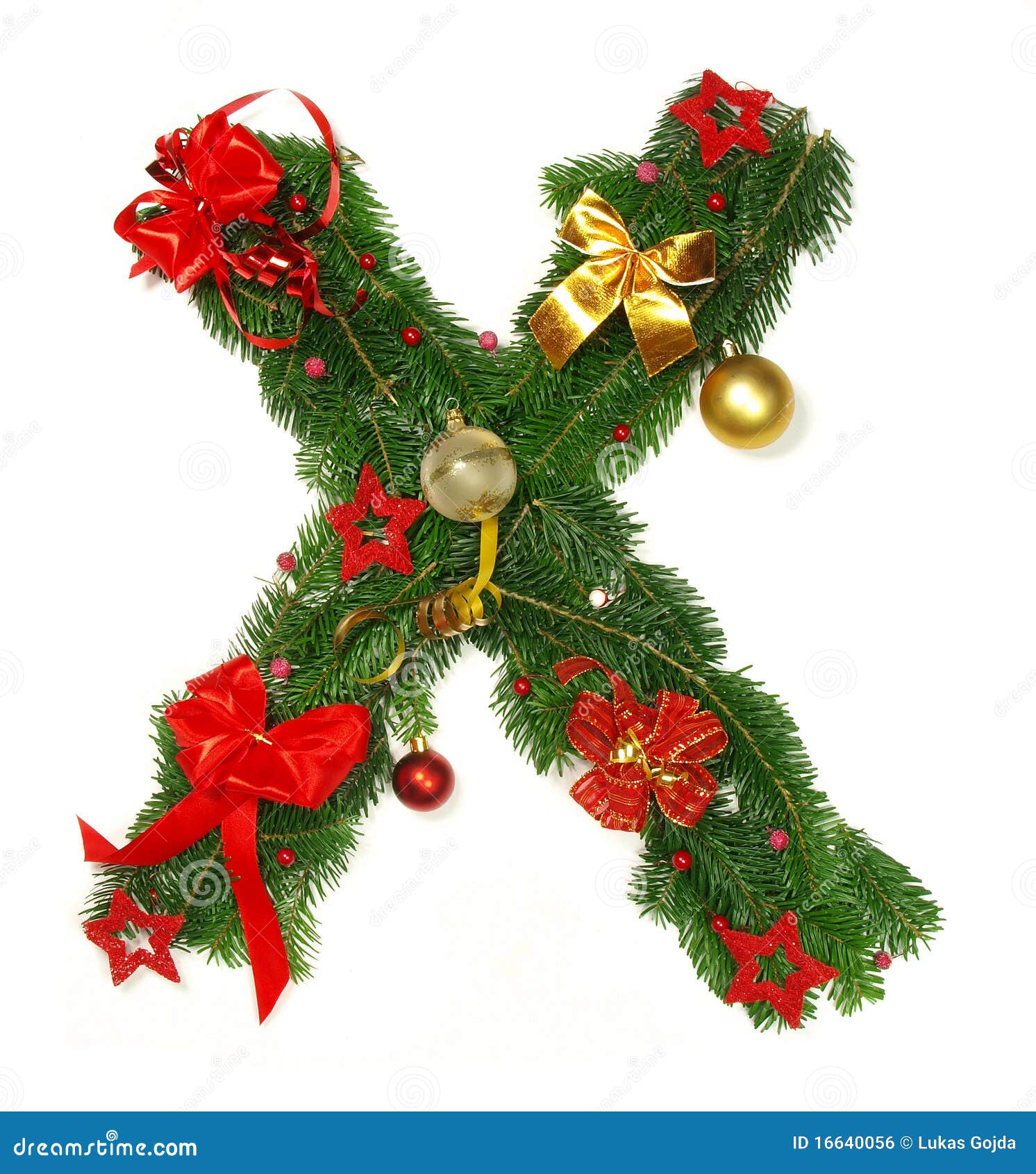The Enigmatic "X" In Christmas: Exploring The Uncommon Letter’s Presence In Festive Vocabulary
The Enigmatic "X" in Christmas: Exploring the Uncommon Letter’s Presence in Festive Vocabulary
Related Articles: The Enigmatic "X" in Christmas: Exploring the Uncommon Letter’s Presence in Festive Vocabulary
Introduction
In this auspicious occasion, we are delighted to delve into the intriguing topic related to The Enigmatic "X" in Christmas: Exploring the Uncommon Letter’s Presence in Festive Vocabulary. Let’s weave interesting information and offer fresh perspectives to the readers.
Table of Content
The Enigmatic "X" in Christmas: Exploring the Uncommon Letter’s Presence in Festive Vocabulary

The letter "X" stands out in the realm of Christmas vocabulary. While words like "joy," "peace," and "gift" effortlessly roll off the tongue, "X" presents a linguistic anomaly. Its rarity in Christmas-related terms sparks curiosity, prompting us to delve into its presence and the meanings it carries.
The Historical Roots of "X" in Christmas
The most prominent example of "X" in Christmas terminology is "Xmas," a shortened form of "Christmas." While often perceived as informal or even disrespectful, "Xmas" has a long and fascinating history. Its origins can be traced back to the Middle Ages, when the Greek letter "chi" (Χ), representing the first letter of Christ’s name in Greek ("Χριστός"), was used as an abbreviation for "Christ." This practice, common in medieval manuscripts and inscriptions, led to the adoption of "X" as a symbol for Christ.
Over time, "X" evolved into a shorthand for "Christmas" in both written and spoken language. This abbreviation, although initially intended to be respectful, has faced criticism for its perceived informality, particularly in formal settings. However, "Xmas" remains a widely recognized and used abbreviation, especially in commercial contexts and informal communication.
Beyond "Xmas": Exploring Other "X" Words
While "Xmas" dominates the "X" lexicon of Christmas, other words do exist, albeit less commonly encountered. These words often carry a specific connotation or are rooted in historical or cultural contexts.
-
X-mas Tree: This term, though less common than "Christmas tree," emphasizes the "X" symbol as a representation of Christ and highlights the tree’s religious significance.
-
X-mas Carols: This term, used to refer to Christmas carols, emphasizes the religious aspect of these songs, often celebrating the birth of Christ.
-
X-mas Pudding: This term, though less common than "Christmas pudding," signifies the traditional dessert associated with the Christmas season.
The Significance of "X" in Christmas
The presence of "X" in Christmas vocabulary, while seemingly insignificant, carries symbolic weight. It reflects the historical and cultural significance of the letter as a representation of Christ, highlighting the religious roots of the holiday. Furthermore, it underscores the evolution of language and the way abbreviations have become ingrained in our vocabulary.
FAQs about "X" in Christmas
Q: Is "Xmas" considered disrespectful?
A: While "Xmas" is a widely accepted abbreviation, it is often perceived as informal and may be considered inappropriate in formal settings.
Q: Why is "X" used as an abbreviation for "Christ"?
A: The Greek letter "chi" (Χ), representing the first letter of Christ’s name in Greek ("Χριστός"), was commonly used as an abbreviation for "Christ" in medieval manuscripts. This practice led to the adoption of "X" as a symbol for Christ.
Q: Are there other words related to Christmas that start with "X"?
A: While "Xmas" is the most prominent example, other words like "X-mas tree," "X-mas carols," and "X-mas pudding" exist, although less commonly used.
Tips for Using "X" in Christmas
-
Consider the context: While "Xmas" is widely used, it’s important to be mindful of the formality of the setting. In formal contexts, "Christmas" is generally preferred.
-
Respect the religious significance: When using "Xmas" or other "X" related terms, remember that they carry religious connotations and should be used with sensitivity.
-
Be aware of cultural variations: The use of "Xmas" may vary across cultures. It’s always best to be mindful of local customs and traditions.
Conclusion
The presence of "X" in Christmas vocabulary, though seemingly insignificant, reflects the historical, cultural, and religious significance of the letter. While "Xmas" remains the most common example, other "X" words exist, highlighting the multifaceted nature of the letter’s use in Christmas-related terminology. Understanding the history and significance of "X" in Christmas allows us to appreciate the nuances of language and the evolving nature of our vocabulary.







Closure
Thus, we hope this article has provided valuable insights into The Enigmatic "X" in Christmas: Exploring the Uncommon Letter’s Presence in Festive Vocabulary. We hope you find this article informative and beneficial. See you in our next article!
Leave a Reply